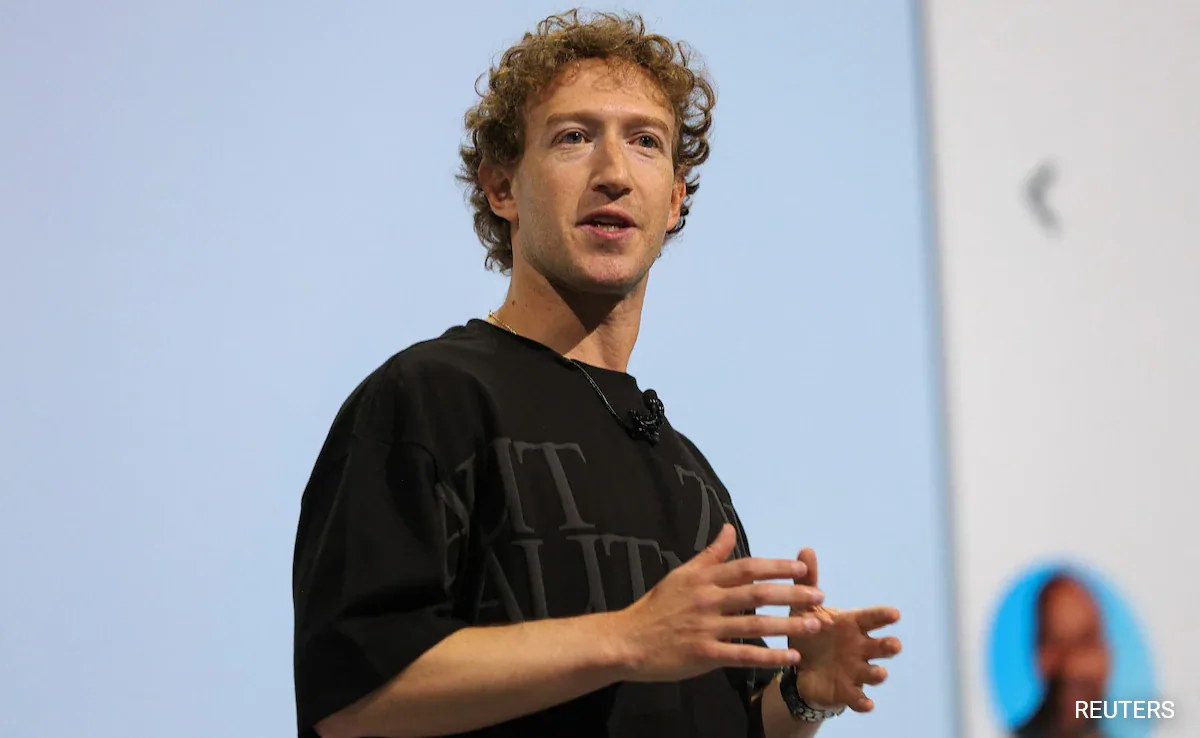 |
|
The controversy surrounding Meta, the parent company of Facebook, and its CEO Mark Zuckerberg's inaccurate statement regarding the 2024 Indian general election has escalated significantly. A parliamentary standing committee in India, chaired by BJP MP Nishikant Dubey, has announced its intention to summon Meta to address the issue of misinformation spread by the company. This decision comes in response to Zuckerberg's claim, made during a January 10 podcast, that incumbent governments globally, including India, lost elections in 2024 due to factors such as the pandemic's economic fallout. This statement is demonstrably false, as the ruling National Democratic Alliance (NDA), led by Prime Minister Narendra Modi, secured a decisive victory in the election.
The Indian government, through Union Minister Ashwini Vaishnaw, swiftly refuted Zuckerberg's assertion. Vaishnaw highlighted the significant voter turnout and the NDA's resounding win, emphasizing the reaffirmation of public trust in Prime Minister Modi's leadership. He pointed to the government's initiatives during the COVID-19 pandemic, such as providing free food and vaccines, and the country's robust economic growth, as evidence counter to Zuckerberg's claim. The minister's response underscored the gravity of the situation and the government's commitment to addressing inaccuracies that could undermine public trust and democratic processes. The fact-check issued by Minister Vaishnaw serves as a strong rebuttal to Zuckerberg’s claims, offering concrete evidence of the NDA's electoral success and refuting the notion of a widespread loss of incumbent governments.
The decision by the parliamentary committee to summon Meta highlights the seriousness with which the Indian government views the spread of misinformation. The committee's chair, Mr. Dubey, explicitly stated that the dissemination of misinformation damaging to a democratic nation's image is unacceptable. He demanded an apology from Meta to both the Parliament and the Indian people. This action demonstrates a commitment to holding social media platforms accountable for their content and protecting the integrity of the electoral process. The summoning of Meta underscores the growing global concern over the role of social media in disseminating inaccurate information and its potential impact on democratic institutions and public discourse.
The incident raises important questions about the responsibility of social media companies in verifying information before it's shared on their platforms. While social media platforms offer unparalleled opportunities for communication and information dissemination, they also pose significant challenges in controlling the spread of misinformation and combating the spread of false narratives. The incident serves as a stark reminder of the need for social media platforms to implement more robust fact-checking mechanisms and to take proactive steps to prevent the dissemination of misinformation. The potential for such misinformation to influence public opinion and shape election outcomes necessitates strong regulatory measures and a commitment to truth and accuracy.
Beyond the immediate controversy, the situation highlights the broader tension between global technology companies and national governments. The incident underscores the complexities of regulating social media companies operating across national borders, which often face diverse legal and regulatory environments. The call for an apology from Meta reflects India's assertion of its sovereignty and its determination to protect its democratic processes from foreign interference or manipulation. As social media platforms continue to play an increasingly significant role in global political discourse, finding a balance between free speech and the prevention of misinformation remains a critical challenge for governments and tech companies alike. The outcome of the parliamentary committee's investigation and Meta's response will be closely watched globally, setting a precedent for future interactions between social media giants and national governments in the digital age.
Source: Meta To Get Parliamentary Panel Summons Over Zuckerberg's India Poll Remark
